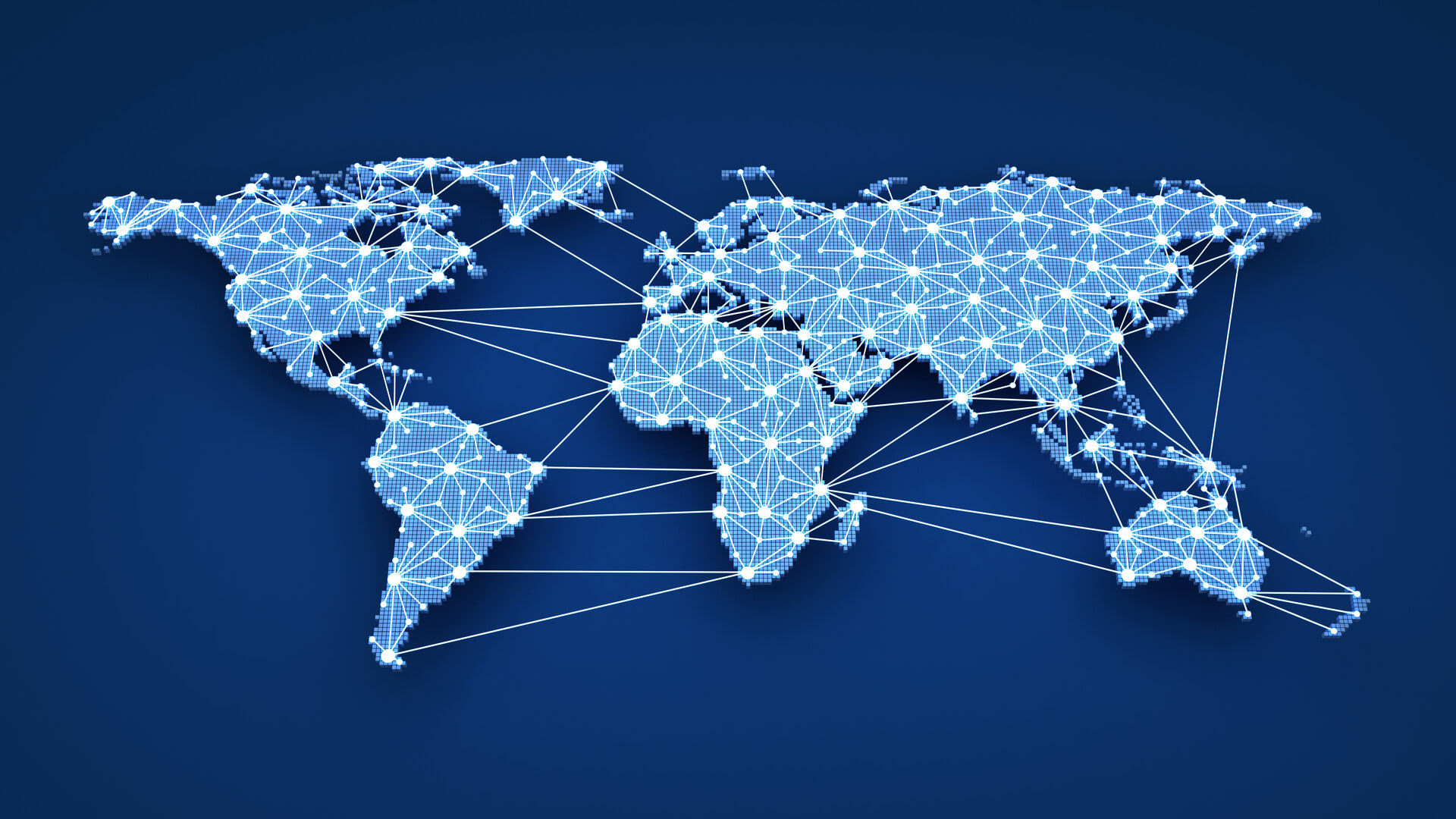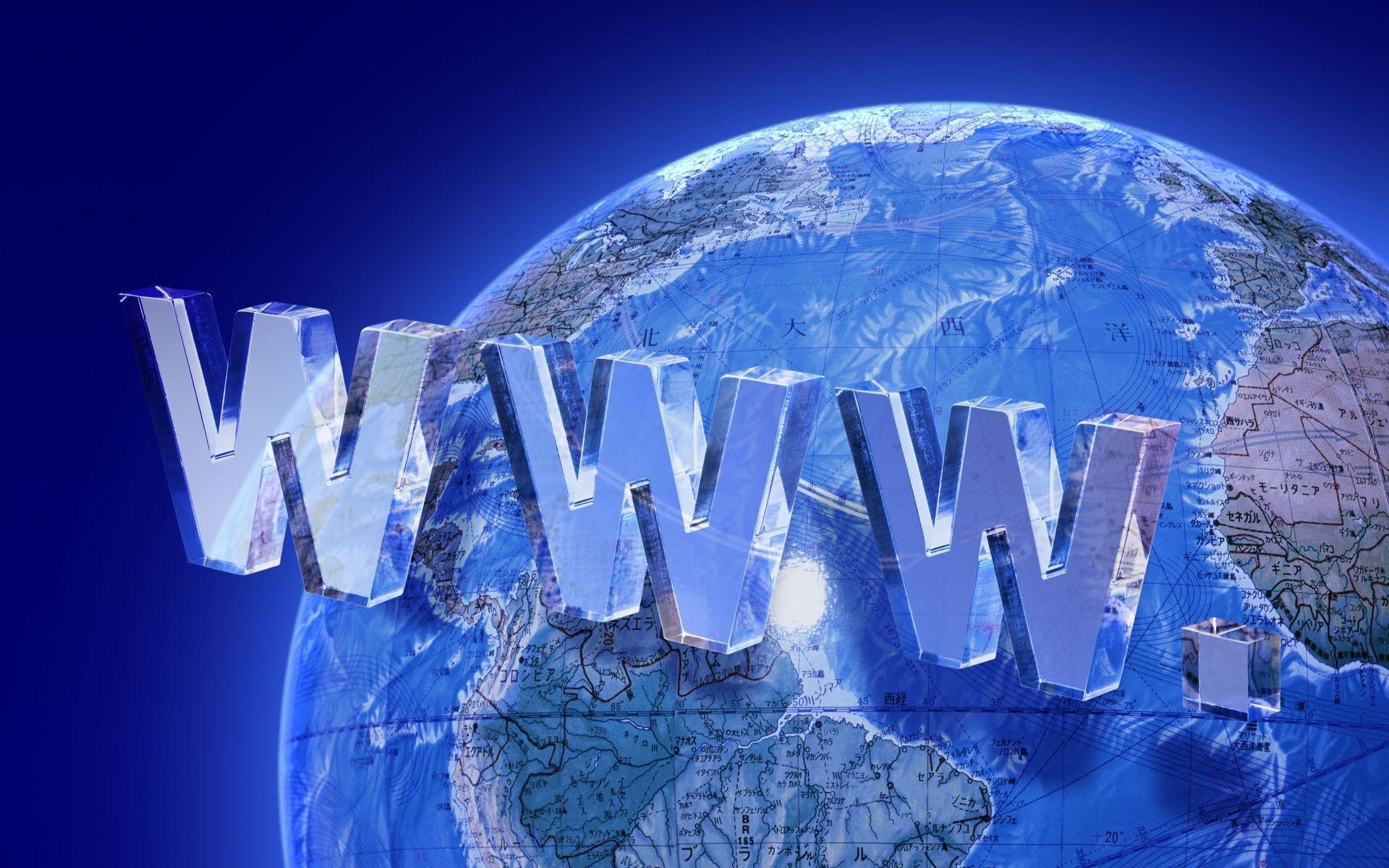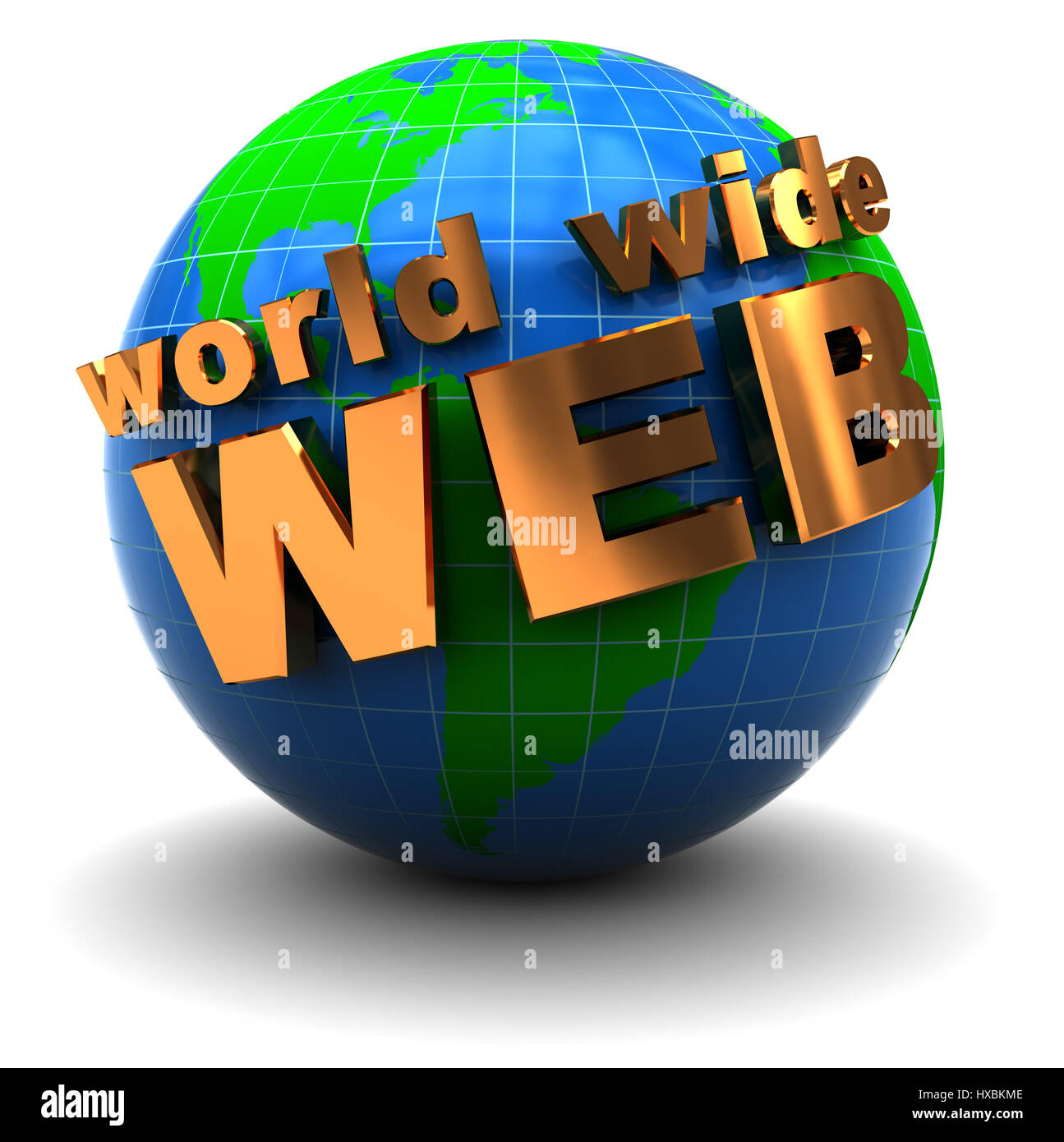Www.5.to - Getting To Know The Web
Have you ever stopped to think about how you find things online, or what actually happens when you type in an address like www.5.to? It is, you know, a pretty interesting thing to think about. We often just open up a program and expect to see what we want, but there's a whole story behind how all of this works. It’s like, a big system that lets us look at pages and find information from almost anywhere.
What we call the web, or sometimes the World Wide Web, is really a huge collection of information. It’s a way people share things and look at things using computers that are all connected up. This means that when you go to a place like www.5.to, you are tapping into this vast network of pages and details. It’s not just a bunch of isolated bits; everything is kind of linked together in a useful way, so you can move from one piece of information to another. Basically, it’s a global place where facts and stories live, ready for you to visit.
This idea of connected information is what makes the web so handy, so, you might say, quite revolutionary in its own way. From learning about how the internet first started with guides for young students, to finding out about the many different parts of a topic, the web brings it all to your screen. It's a system that lets you move from one piece of writing to another, just by clicking on a word or a phrase. This is how you get to see what’s on a site like www.5.to, or any other place online, really. It’s a very simple, yet powerful, idea that changed how we get facts and communicate.
- Did Celine Dion Won A Grammy
- How Do You Make Yourself Queef
- Naked Aditi Mistry
- Duckduckgo Vs Ecosia
- Dr Gustavo Quiros Licona
Table of Contents
- What is the Web, Really?
- Starting Out with www.5.to
- How Do Words Point to Other Places for www.5.to?
- Wikipedia and Shared Information for www.5.to
- What Does Bing Do for www.5.to?
- Are the Web and the Internet the Same for www.5.to?
- Making Sense of www.5.to Access
What is the Web, Really?
When we talk about the World Wide Web, or just the web, we're thinking about that huge collection of pages and other things you see when you're online. It’s like a giant library where all the books are connected, and you can jump from one book to another just by following a thought. So, you know, it’s a big system that lets people get to information using their computers, as long as those computers are hooked up to the internet. It’s a way for facts and pictures and writings to be shared across the whole world, actually. When you visit a place like www.5.to, you are seeing a part of this very large, interconnected collection.
This collection, the web, is a global way of sharing facts and details. People use their computers, which are linked to the internet, to look at it. The web is often called WWW or W3, or just "the web" for short. It's a place where information lives, and it's set up so that different pieces of information can be connected to each other. This means you can move from one topic to another with ease, which is, honestly, a pretty neat trick. It’s a big part of how we look up things and learn about the world today, making places like www.5.to accessible to so many people.
It’s a system built on connections, which is really important. Think about it, if every piece of information was separate, it would be much harder to find what you need. But because things are linked, you can start at one point, like a page on www.5.to, and then follow paths to other related pages. This makes looking for things a very fluid experience, allowing you to go deeper into subjects or branch out to new ones. It’s this connected nature that truly defines what the web is, and how it helps us find what we are looking for, more or less, every single day.
- Aditi Mostry Nude
- Gaia Romilly Wise
- Endora Whats Eating Gilbert Grape
- Evie Trap In Elevator
- Somaliland Wasmo Telegram
Starting Out with www.5.to
The story of the web, and how places like www.5.to came to be, goes back to a time when things were very different online. There was a time, you see, when all the addresses for websites started with "www." This was just how it was done. It was the standard way to begin an address, telling your computer that you wanted to visit a part of the World Wide Web. This simple beginning was a sign that you were about to look at a web page, a piece of information that lived within that vast connected system. It's a little piece of history that, perhaps, many people don't think about much anymore.
A big moment happened on April 30, 1993. Something called the World Wide Web was made available for everyone to use. Before this, getting around the internet could be a bit tricky, honestly. It wasn't as straightforward to find things or move from one piece of information to another. But when the web was launched for the public, it made everything much simpler. It meant that anyone could easily look at what was on the internet, which was, you know, a very big deal at the time. It really changed how people could use their computers to get information, making it so much more approachable.
All you had to do, once the web was out there for everyone, was open a new program on your computer. This program, often called a web browser, was your way into this new world of connected pages. It took away a lot of the harder parts of getting online, letting people just focus on finding what they wanted to see. This made it possible for many more people to begin using the internet, and to visit places like www.5.to, without needing to know a lot of special computer words or commands. It was a step towards making the online world something for everyone, which, you know, is a pretty good thing.
How Do Words Point to Other Places for www.5.to?
Think about a piece of writing, like a document or a web page you might see on www.5.to. Within that writing, there can be certain words or phrases that are special. These special words are set up so they can take you to a different piece of writing, or another web page, when you select them. It's like having a magic word in a book that, if you touch it, instantly transports you to another book or another part of the same book. This idea is called hypertext, and it’s a very important part of how the web works, actually.
So, a word in a hypertext document can be marked to lead you to a different hypertext document. This means that instead of just reading down a page, you can jump around, following your interests or finding more details on a specific topic. It’s a way of connecting information that makes looking for things much more flexible and personal. For example, if you were reading about something on www.5.to and saw a word that interested you, you could click on it and instantly be taken to another page that talks more about that very thing. This linking is what makes the web so useful for getting facts and exploring subjects.
This ability for words to act as pointers is what makes the web feel so connected and easy to use. It means that information isn't stuck in one place; it can be linked to other related facts, making it simple to move from one idea to the next. It’s like a conversation where one thought naturally leads to another. This is how you can go from a simple search to a deep dive into a topic, all by following these little marked words. It’s a fundamental part of the web’s design, and it’s what allows you to explore pages like www.5.to and beyond with such ease, really.
Wikipedia and Shared Information for www.5.to
When we think about getting facts online, Wikipedia often comes to mind. It’s a free collection of information, like an encyclopedia, that you can look at online. What’s really neat about it, you know, is that it's put together and changed by people from all over the world who volunteer their time. They work together to build up this huge store of facts and details. This means that many different people contribute to what you see, making it a truly shared effort to gather and present knowledge for everyone to access, including people looking for things related to www.5.to.
This collection of facts is looked after by an organization called the Wikimedia Foundation. They host it, making sure it’s available for everyone to use without cost. The idea behind it is to give everyone access to knowledge, no matter where they are. So, if you’re looking up something you saw on www.5.to, or just curious about a new topic, Wikipedia is often a place people go to get a quick overview or more detailed facts. It’s a big example of how people can work together to create something useful for a global audience, which is, in some respects, quite inspiring.
The fact that it's created and changed by volunteers means that it’s always growing and changing, with new facts being added and old ones being updated. This community approach to gathering information is a very powerful thing. It shows how people can come together to build something that benefits everyone. So, when you're exploring the web, perhaps after visiting www.5.to, and you land on a Wikipedia page, you're seeing the result of countless individuals sharing what they know, creating a resource that is, truly, for the whole world to use and learn from.
What Does Bing Do for www.5.to?
Microsoft Bing, or just Bing, is a tool that helps you find things on the internet. It’s what we call a search engine. Think of it like a very clever librarian who can quickly find any book or article you ask for, no matter how many there are. So, if you wanted to find information about www.5.to, you might type that into Bing, and it would show you pages that are related to it. It’s a way to sort through the vast amount of information out there and bring you what you’re looking for, which is, you know, pretty handy.
Before it was called Bing, this search tool had other names, like Windows Live Search and MSN Search. Companies sometimes change the names of their products, and this was one of those times. But the basic idea stayed the same: to help people find what they need online. So, when you’re looking for something, whether it’s about www.5.to or anything else, a search engine like Bing is designed to help you get to those facts as quickly as possible. It’s a key part of how most people experience the web today, actually.
Microsoft, the company behind Bing, also calls it a "decision engine." This means that Bing tries to do more than just show you a list of pages. It tries to understand what you’re really asking for, to interpret your search, and then give you results that are most helpful for making a choice or finding a direct answer. It’s trying to be a bit smarter about how it helps you. So, if you’re looking up something specific related to www.5.to, Bing aims to give you results that are not just relevant, but also help you get to a useful outcome. It’s an interesting way to think about how these tools work, really.
Are the Web and the Internet the Same for www.5.to?
Most of us, when we talk about being online, use the words "web" and "internet" as if they mean the exact same thing. But, you know, they are actually quite different. It's a common mix-up, honestly. The internet is the big network of computers all connected together, like the roads and highways that let cars travel from one city to another. It’s the physical setup, the wires and connections that make it possible for computers to talk to each other. This is the foundation upon which everything else, including pages from www.5.to, rests.
The World Wide Web, or just the web for short, is something that lives *on* the internet. Think of it like this: if the internet is the roads, then the web is all the houses, shops, and buildings that are built along those roads. It’s the pages you see, the documents you read, the pictures you look at, when you’re using a computer connected to the internet. So, when you visit a site like www.5.to, you are using the internet to get to a specific part of the web. The web is a system of information, while the internet is the system that carries that information, which is, you know, a pretty important distinction.
The term "web" is often mistakenly used to mean the entire internet. But it's important to remember that the web is just one way we use the internet. There are other things that happen on the internet too, like sending emails or playing online games, that aren't strictly part of the web. So, while they work very closely together, and you can't really have the web without the internet, they are separate ideas. When you’re looking at pages from www.5.to, you’re seeing the web, but you’re using the internet to get there, more or less, every time.
Making Sense of www.5.to Access
Back when the internet was first becoming something people could use more easily, a big step happened on April 30, 1993. This was when the World Wide Web was made available to the general public. Before this time, getting around online could feel a bit like trying to find your way through a maze without a map. It wasn't always clear how to get from one piece of information to another. But the web, when it launched, really changed things. It made it much simpler for anyone to move around the internet, to find what they were looking for, and to visit places like www.5.to.
With the web, all users really had to do was start up a new program on their computer. This program was designed to be easy to use, to be a window into the web’s connected world. It took away a lot of the harder, more technical steps that used to be needed to look at things online. This meant that more people could begin to explore the vast amount of information available, without needing to be computer experts. It was a move towards making the online experience something that felt more natural and less intimidating for everyone, which, you know, was a very good thing for people wanting to explore pages like www.5.to.
This simple way of getting online really opened things up. It meant that instead of needing to know special commands or complicated addresses, you could just open a program and start clicking. This ease of use was a huge factor in why the web became so popular and so widely used. It turned the internet from something mainly for specialists into something that anyone could use for learning, for fun, or for getting facts. So, when you visit a site like www.5.to today, you are benefiting from those early steps that made the web a very accessible place for everyone, actually.
- Aditimistrynude
- Jayshree Gaikwad Khidki
- Evie Trap In Elevator
- Pinay Scandal
- Somaliland Wasmo Telegram

World Wide Web Map

World Wide Web Diagram

World Wide Web Globe High Resolution Stock Photography and Images - Alamy